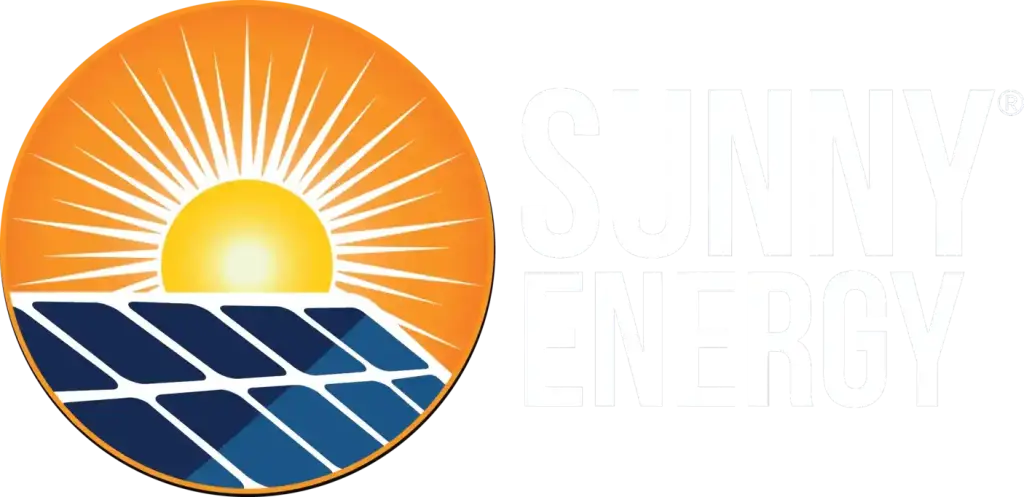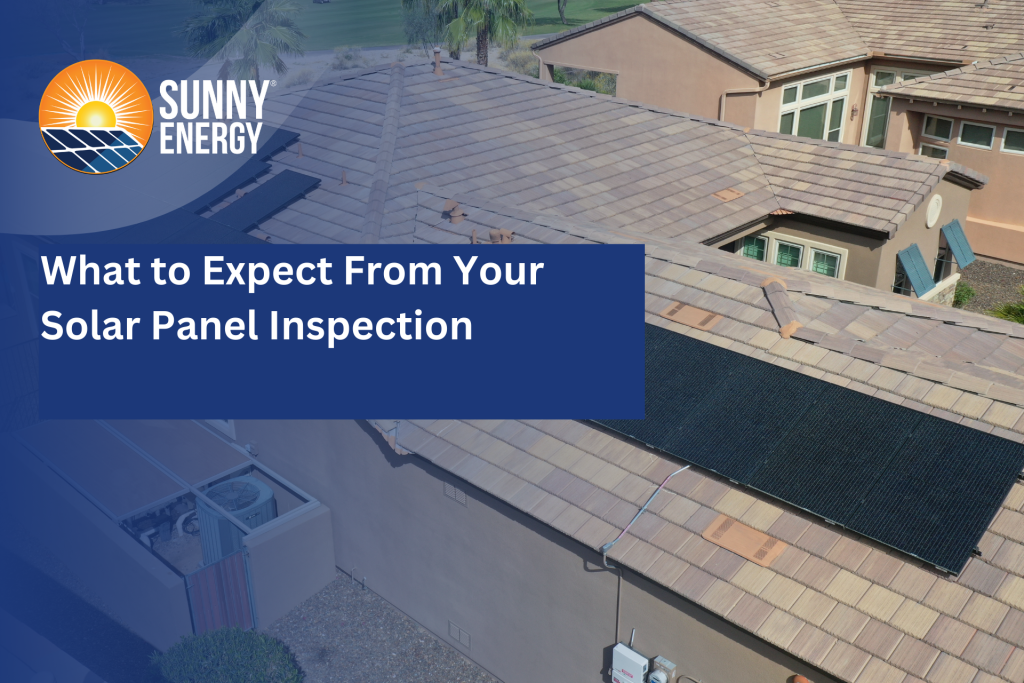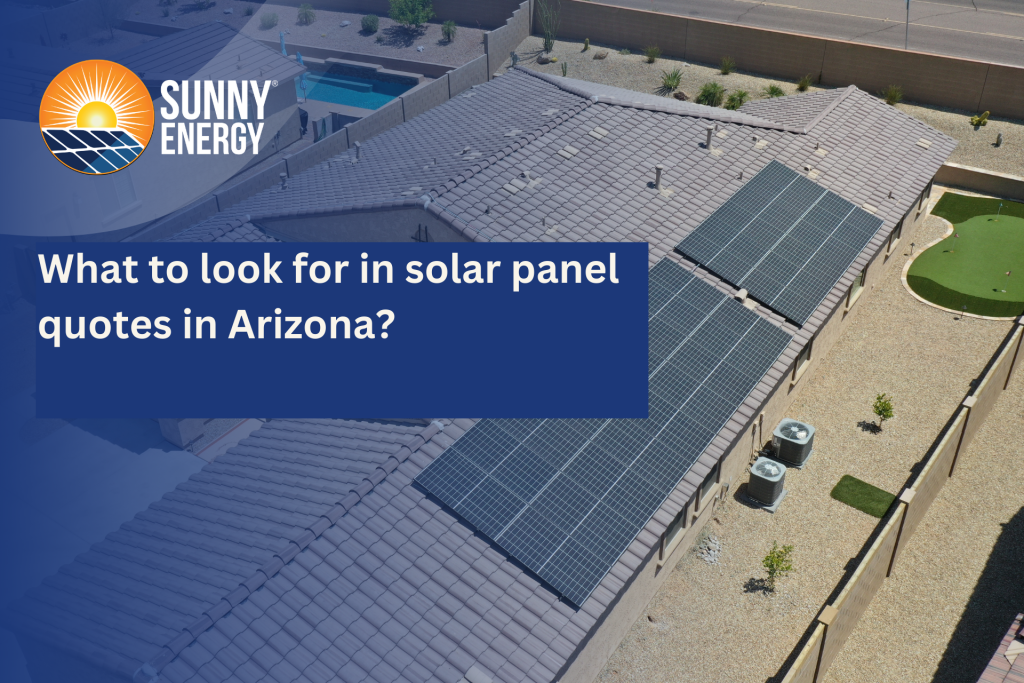Once you’ve made the choice to go solar, you might be wondering – should I lease or finance my system? Deciding whether to finance or lease your solar system should be a matter of financial return on investment. This difference impacts the cost, maintenance, terms, financial offsets, savings, and returns on investment of your solar panel system. Here are the pros and cons of leasing and financing to help you make an informed decision.
Leasing Solar
Leasing a solar system is a good choice for you if you are ineligible for the tax credits and you’re still interested in the environmental benefits of solar, and potential utility savings. Also, if you prefer to have someone else handle the maintenance of the solar panels, then solar leasing may be a good option for you.
What are the benefits of leasing solar?
No money down When you opt for solar leasing, the system is warrantied to work for the term of the lease If you can’t use the tax credit because of low taxable income, a foreign national, or other reasons, solar leasing may be a less expensive option for you
What are the disadvantages of leasing solar?
- Monthly payments for solar leasing may have annual escalation, so it’s not a fixed payment the entire term. Sometimes, this results in monthly payments that are higher than what your utility company would charge.
- Solar leasing is not an investment. You are only paying somebody else an amount equal to, or lower than, an amount you would pay the utility company, but you own nothing after you pay it all so you won’t see the big savings that come after the system is paid off.
- A leased solar system does not increase the value of your home.
- It may make it more difficult to sell your home. Fewer buyers are willing to take ownership of a home with a solar lease. But homes with solar that are owned by the homeowner, sell for 4% more than homes without solar, according to Zillow.
- A buyer of your home has to assume your lease, or you have to pay it in full, but you still won’t own it!
- You are at the mercy of the leasing company to remove your system and replace it if you need roof work done, or if you want to increase the system size or add other equipment like batteries or an EV charger. This means you may have to pay whatever amount they want to charge, and they may take their time getting to your work.
Financing Solar
If you are eligible for state and federal taxes and you want to pay for your investment over time while maximizing the financial benefits of solar panels, then financing solar is your best option.
What are the advantages of financing solar?
- Solar financing allows you to spread the cost of your system over several years, as many as 25.
- Solar financing can be done with no money down and at very attractive rates.
- Your monthly solar loan payment is fixed – it never increases.
- You can take advantage of state and federal tax incentives that can pay for as much as 30% of your system (26% plus $1,000 in Arizona)
- When your loan is paid off, you own your solar system.
- Some solar companies offering to finance also offer warranties that equal or exceed the coverage leasing companies offer.
- By purchasing your solar system, you are adding value to your home.
- Your purchase of a solar system, whether or not you finance it, is an investment with very attractive returns.
- Some solar financing can be transferred to a new buyer of your home.
What are the disadvantages of financing solar?
- Loan fees and interest do add to the cost of your solar system, thus reducing your return on investment as compared to paying cash.
- Many solar installers offering solar financing do not have great warranty terms that come close to the coverage you would get with a lease – always ask!
While not an option for everyone, cash is always the best for maximizing your return on investment in solar. It gives you the greatest return on your investment, and it gives you instant increased equity.

Bottom Line:
When considering solar financing, pay attention to the terms, the interest rates, and the total cost of ownership. Always try to use financing with the shortest term that you can afford, and remember low interest does not always mean lower cost.
Consider how long you plan to be in your home when considering the loan term. Do the math, and weigh it against your budget and your long-term goals.





